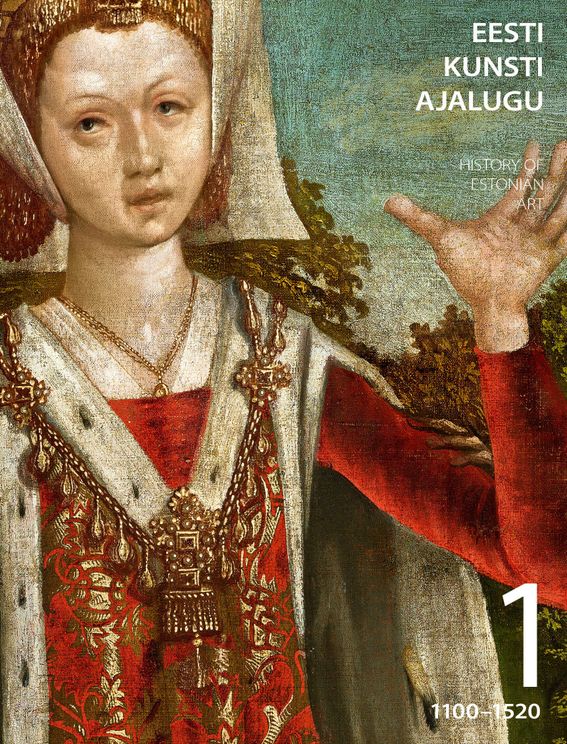
The first volume of “History of Estonian Art” deals with the period 1100-1520. However, these limits are conditional, because in order to understand several artistic developments, one must look beyond the past as well as beyond the time limit of the period. The volume covers both Estonian ancient and medieval art, but in fact the people who ordered and made this art did not know the terms “art” or “artist”. Material creation was functional in both periods, fulfilling different roles in society and always depending on the wishes of the customer. It is difficult to compare the work of a medieval master who immigrated from abroad, which qualifies as high art in the modern sense, with the work of an ancient local blacksmith, but both were highly valued specialists in their time. Therefore, the concept of visual culture is much better suited to characterize early material creation.
Volume I of “Estonian Art History” includes very heterogeneous, but at the same time colorful material, which is covered by a total of 15 authors. The texts examine the world of thought and cultural ties of the ancestors as well as the legacy of the colonists who arrived here, as well as the new cultural manifestations and cultural environment that have developed on the spot.
Compiled and edited by Kersti Markus
Authors: Ants Hein, Indrek Jets, Eero Kotli, Arvi Haak, Villu Kadakas, Riina Rammo, Kaire Tooming, Merike Kurisoo, Marika Mägi, Ivar Leimus, Kersti Markus, Anu Mänd, Anneli Randla, Erki Russow, Heiki Valk
Managing editor: Eneken Helme
Designer: Andres Tali
Editor-in-chief of “History of Estonian Art”: Krista Kodres
Publishers: Estonian Academy of Arts, SA Kultuurileht
544 pages, in Estonian
ISBN 978-9949-989-33-3
